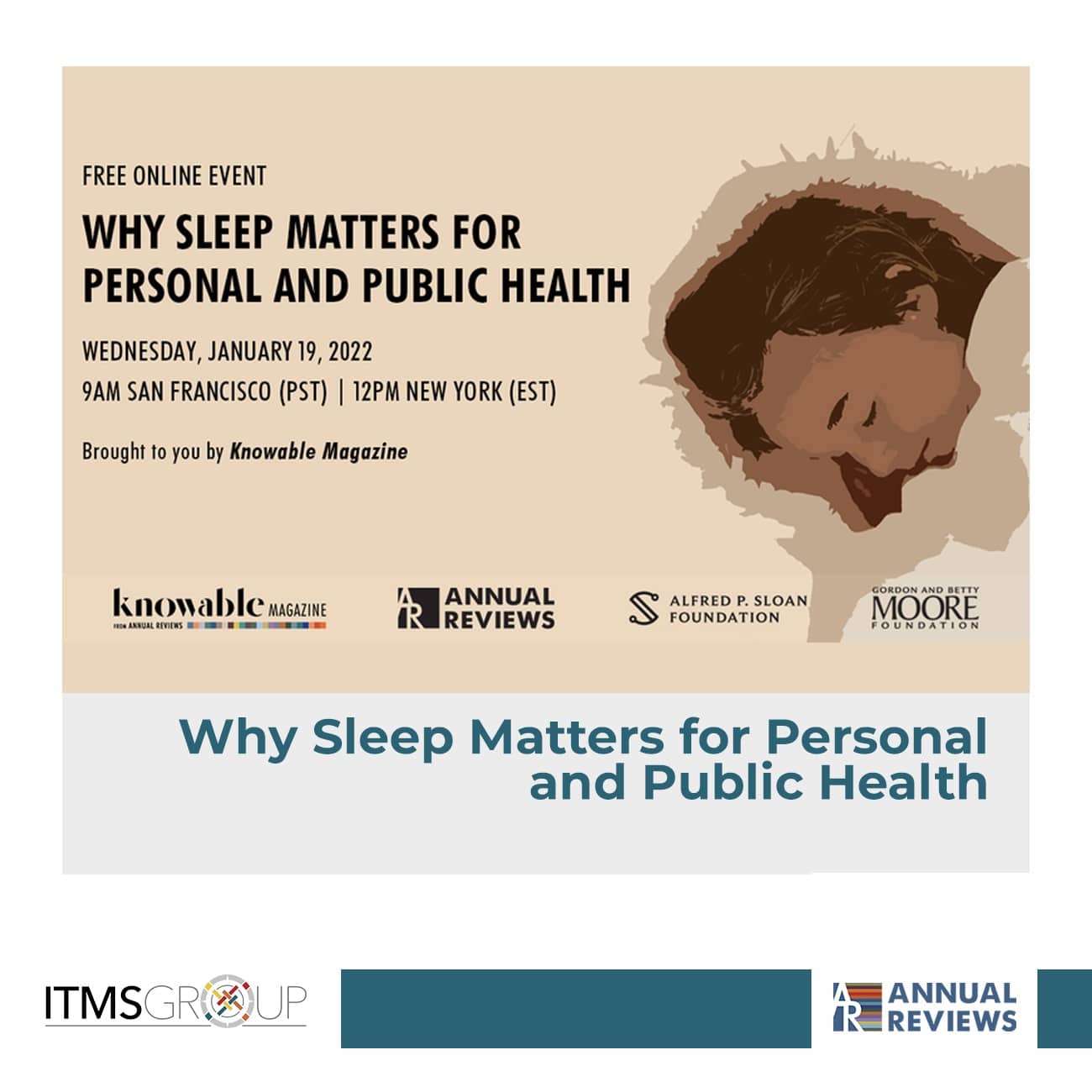Sleep is critically important for health: If disrupted, it can literally make people sick, upping the risks for ills such as cardiovascular disease, cancer and depression. A good night’s sleep is a luxury for many, but poor people and members of racial and ethnic minorities are more likely than others to not get enough. Learn how slumber affects the body on a physiological level, and the implications for disease risk. What happens during normal sleep and when sleep is disrupted? What factors contribute to disparities in sleep health and how can they be remedied? And how can we all practice good sleep hygiene?
Join us for a discussion and Q&A with two experts, and get your questions answered.
Speakers:
Carmela Alcántara, Columbia University
 Dr. Carmela Alcántara is director of the Sleep, Mind, and Health Research Program at the Columbia School of Social Work and a faculty affiliate for the Social Intervention Group and the Columbia Population Research Center. Her research integrates psychology, public health, social work and medicine to understand how structural and social factors affect sleep and mental and cardiovascular health, particularly in racial/ethnic and immigrant communities. As a licensed clinical psychologist with training in public health and behavioral medicine, she is committed to translating her findings into interventions to reduce health disparities. Her work has been supported by the National Institute of Mental Health, the National Heart, Lung, and Blood Institute and the W.K. Kellogg Foundation.
Dr. Carmela Alcántara is director of the Sleep, Mind, and Health Research Program at the Columbia School of Social Work and a faculty affiliate for the Social Intervention Group and the Columbia Population Research Center. Her research integrates psychology, public health, social work and medicine to understand how structural and social factors affect sleep and mental and cardiovascular health, particularly in racial/ethnic and immigrant communities. As a licensed clinical psychologist with training in public health and behavioral medicine, she is committed to translating her findings into interventions to reduce health disparities. Her work has been supported by the National Institute of Mental Health, the National Heart, Lung, and Blood Institute and the W.K. Kellogg Foundation.
Michael R. Irwin, UCLA Geffen School of Medicine

Dr. Michael R. Irwin is director of the Cousins Center for Psychoneuroimmunology at UCLA’s Semel Institute for Neuroscience, director of the Mindful Awareness Research Center and the M.D. Cousins Distinguished Professor of Psychiatry and Biobehavioral Sciences. He is an expert and research pioneer on the interaction between the immune and central nervous systems and the impact of sleep disturbances on the inflammatory signaling pathways that influence depression. His research integrates data from a broad range of studies and controlled trials that employ mind-body and behavioral approaches. His research has been supported with awards from multiple institutes including the National Cancer Institute, National Heart, Lung and Blood Institute, and the National Institute of Mental Health.
Moderator: Rachel Ehrenberg, Associate Editor, Knowable Magazine

This event is part of Reset: The Science of Crisis & Recovery, an ongoing series of live events and science journalism exploring how the world is navigating the coronavirus pandemic, its consequences and the way forward. Reset is supported by a grant from the Alfred P. Sloan Foundation.
Knowable Magazine is a product of Annual Reviews, a nonprofit publisher dedicated to synthesizing and integrating knowledge for the progress of science and the benefit of society. Major funding for Knowable comes from the Gordon and Betty Moore Foundation.



